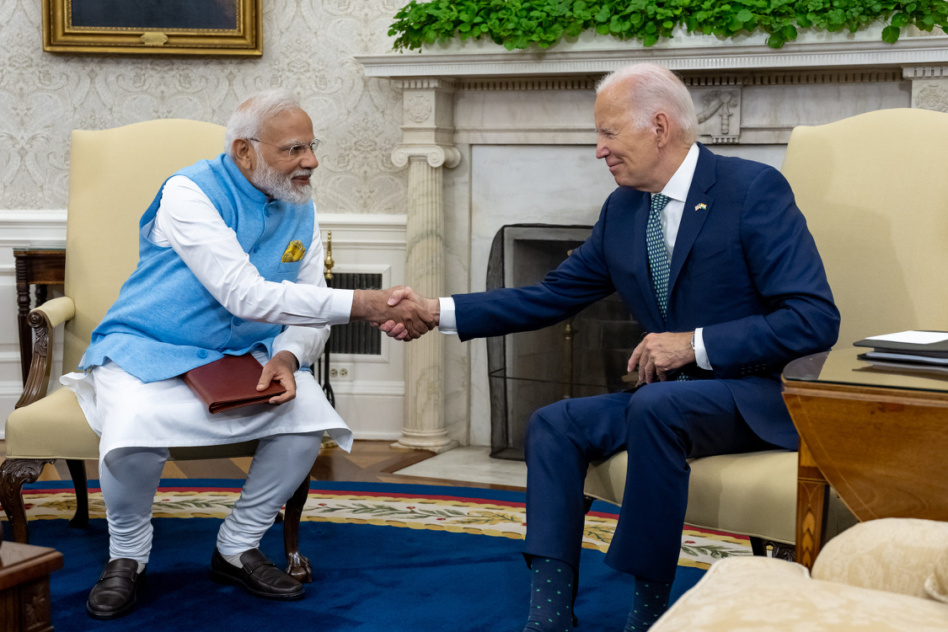The Biden administration’s legacy in space is one of global reach and using space as a soft power tool, as evidenced by its leadership on initiatives such as banning destructive ASAT testing and promoting the responsible use of space internationally through the Artemis Accords.
37: The number of nations that have adopted the US ban on ASAT testing
The Biden administration announced a moratorium on destructive anti-satellite testing in April 2022, which has since sparked similar bans in nations across the globe from Japan to Italy to Norway to Costa Rica.
In December 2022, the UN General Assembly also approved a nonbinding resolution introduced by the US that banned destructive direct-ascent ASAT testing by a vote of 154 to 8, with 10 nations abstaining.
3: The number of National Space Council meetings hosted by the Biden administration
The panel met three times under the leadership of VP Kamala Harris: in December 2021, September 2022, and December 2023. That’s a steep decline from the eight meetings during the Trump administration.
At its most recent meeting, Harris unveiled the administration’s plan for authorizing novel space activities such as in-space manufacturing or mining in orbit. However, the White House announcement came just after leaders on Capitol Hill introduced a conflicting proposal, and the effort has stalled.
38: The number of nations that have joined the Artemis Accords
The Artemis Accords may have been started by the Trump administration, but the Biden administration invested a lot of time in growing the group of signatories from nine to 38. Part of that is due to NASA Administrator Bill Nelson fully embracing his role as the nation’s space diplomat and making several trips overseas during his tenure.
The continuity between two administrations shows the bipartisan nature of the nonbinding guidelines for the responsible use of space, and more countries are likely to sign on in the next administration regardless of who is in the White House.
$25.4B: The White House’s FY25 budget request for NASA
Though there have been fluctuations in the administration’s budget request for NASA since it took office in 2021, the request remained essentially flat over four years—$25.25B for fiscal 2021 compared to $25.38B for fiscal 2025, despite an expanding Artemis mission set and record-high inflation.
Congress, however, ultimately has the power of the purse strings. Government spending on NASA is up since fiscal 2021. Congress has not yet passed an appropriations bill for fiscal 2025, which started this month.





